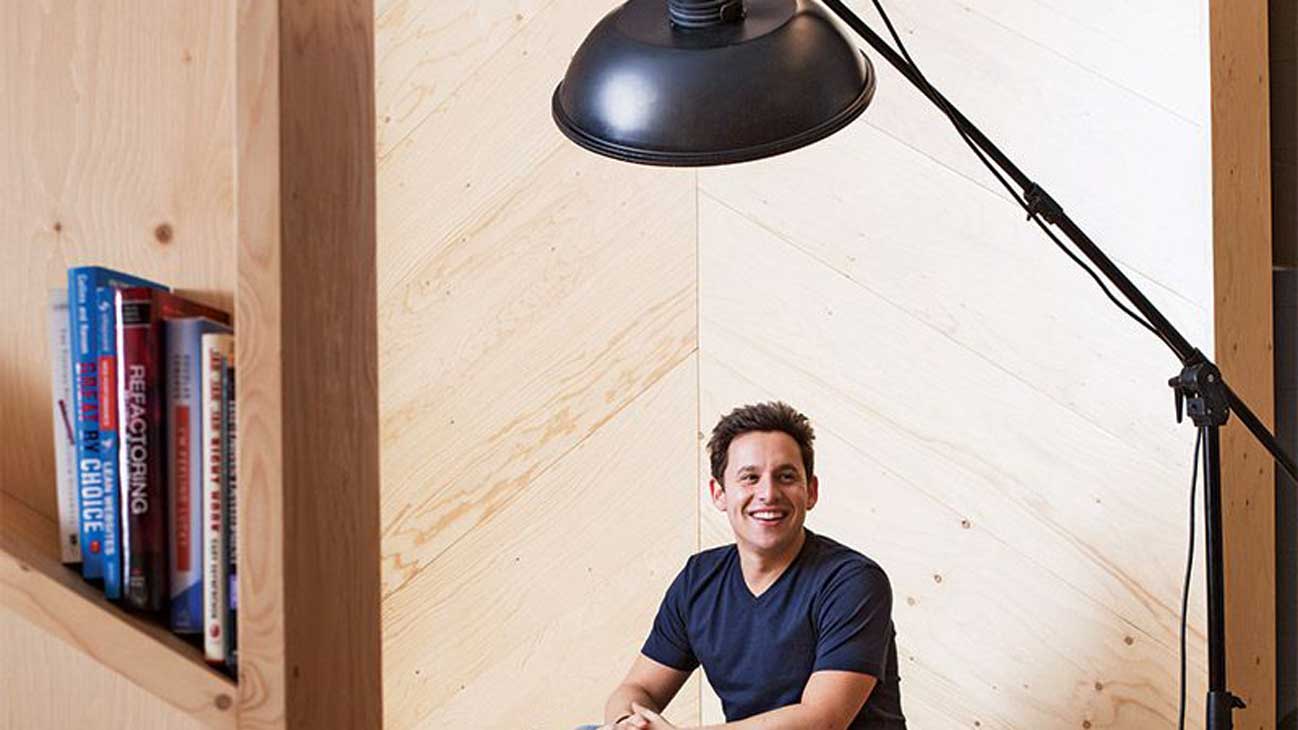Harley Finkelstein started from the ground up. To put himself through law school, he sold t-shirts using Shopify—an e-commerce platform that was relatively unknown at the time. That decision in 2005 ultimately led him to become Shopify’s Chief Operating Officer, where he helped transform the company into a global industry leader. Dubbed “Newsmaker of the Year” in 2013 for his success as an entrepreneur, and named in 2015 as a new “Dragon” for CBC’s Next Gen Den, Harley lives by his personal entrepreneurial philosophy of “the hustle”: go hard, go fast, build the best, and execute. In this column for Fortune magazine, Harley explains why there’s no better time than now to explore entrepreneurship:
Grit, endurance, sacrifice, and hardship: These words are mentioned so often in the context of entrepreneurship that you’d think starting your own business was a torturous journey fraught with terminal insecurity.
Don’t get me wrong—entrepreneurship has its challenges. But these adjectives paint an overly grim picture of what it takes to do your own thing. More importantly, they gloss over a critical reality that’s gone unnoticed for too long: We are living in the golden age of entrepreneurship. There has never been a better time to be your own boss.
I know this from my experiences starting my own businesses. But I also see evidence of this through my work with Shopify, helping more than 325,000 entrepreneurs make their business dreams a reality. Here’s my case for why forging your own path is a lot more appealing now than anyone is letting on:
Social attitudes toward entrepreneurship have dramatically shifted
It used to be that starting a business was a last-ditch option—those who couldn’t find a “real job” made one for themselves.
Today, doing your own thing is no longer a desperation move. It’s an aspiration for a generation inspired by the Mark Zuckerbergs and Elon Musks of the world.
My own family tree is a good illustration of how things have changed. After immigrating to Canada from Hungary in the 1950s, my grandfather started a business selling eggs at a market in Montreal. It was a move motivated strictly by survival, not a desire to be the architect of his own career. My grandpa wasn’t particularly passionate about eggs—he was passionate about providing for his family.
Fast-forward a few generations, and the way entrepreneurship is perceived has been totally transformed. These days, entrepreneurship is heralded as a promising career choice in high schools. College students are filling courses on entrepreneurship at top-tier universities like Stanford and vying for coveted spots in incubator programs.
The barriers to entry are lower than ever
Just a few decades ago, getting your own business off the ground was an expensive endeavor. Take my dad as an example. Although he preferred the ‘80s term “businessman” to “entrepreneur,” he had his own business buying coats wholesale from producers and selling them to department stores. To get his coats to market, my dad had to travel to Asia to view samples and buy the stock outright, often with cash secured through a hefty bank loan. Failure to move his product could leave him with considerable debt, and leave our family out on the street—literally.
Nowadays, enterprising folks with a good idea can road test the whole thing practically without leaving home, much less breaking the bank. With 3D printers, prototyping can happen at your kitchen table, while crowdfunding makes it easier than ever to secure financing (and as a bonus, it also builds an initial customer base). Social media provides multiple channels for free and highly effective marketing, while online direct-to-consumer sales can cut out the middleman completely.
In today’s world, entrepreneurs can take risks with their business model without risking their life savings.
The result: Startup activity is back on the rise in the U.S. after being at its lowest point in 20 years, with the rate of new entrepreneurs increasing by 15% over the past two years, according to the Kauffman Index of Startup Activity. That’s about 550,000 new business owners each month.
Entrepreneurship is a vehicle for self-fulfillment, not survival
In 1943, psychologist Abraham Maslow published a paper breaking down fundamental human needs into a pyramid.
At the bottom were the most pressing needs—like food, shelter, safety, and security—and at the top more noble and lofty aims, like belonging, self-esteem, and self-actualization. For most people, entrepreneurship used to be about satisfying these foundational requirements. Shelter and security were certainly what my forbearers were after when they went into business.
But today, people are opting to pursue this course for very different reasons. Talented, ambitious individuals are aiming for the top tier of Maslow’s hierarchy by pursuing their passions and turning those into their own brands, companies, or products. For many, becoming an entrepreneur is the ultimate experience in self-expression and the ultimate tool for fulfillment.
As the barrier to entry for entrepreneurs continues to fall, we can certainly expect to see more competition in the years ahead. But technology has enabled another key shift: Increasingly, creativity matters a lot more than capital. Entrepreneurs with truly original ideas have more ways than ever to grab an audience’s attention and set themselves apart. Passion matters again.
I know that’s the only reason I do what I do. Helping entrepreneurs is why I was put on this earth—it’s literally my life’s work. And in that sense, I’m very fortunate to be alive in this day and age. My father will have to wait until retirement to think about his life’s purpose. I get to live mine now.
This isn’t to say the road is always easy for entrepreneurs—I’ve definitely hit some bumps along the way. But that’s a small price to pay for being in charge of my own destiny. And the rewards are richer than most people will ever know.

